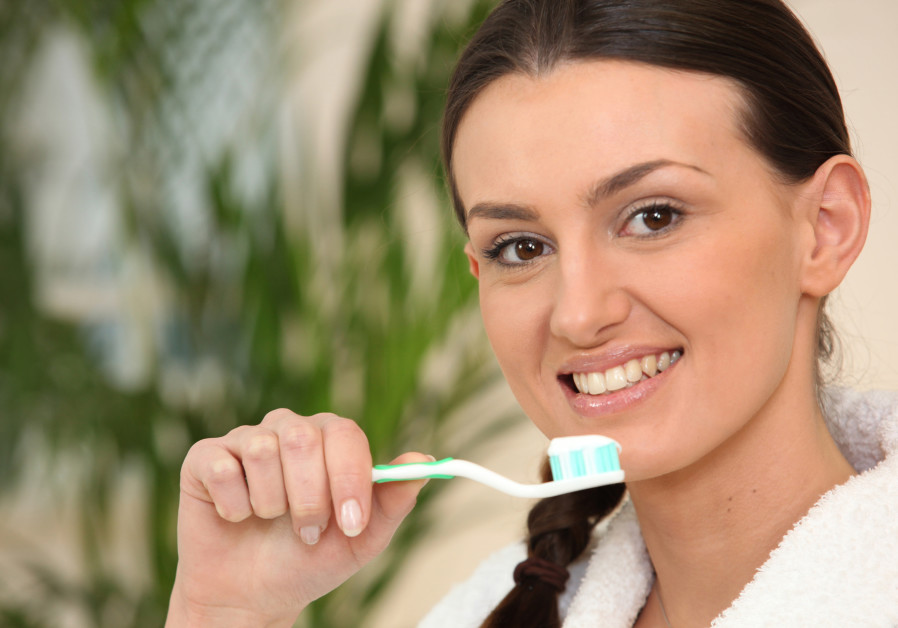Certain habits definitely increase our risk for certain cancers, such as smoking, drinking alcohol, eating processed foods and sun exposure. But there are also routines that can reduce the risk, and you’re most certainly doing this one daily.
Brushing your teeth daily can reduce your risk of developing esophageal cancer by 20%, according to a New York University study.
Researchers analyzed bacterial samples taken from the mouths of 122,000 people, and performed DNA tests to determine exactly which types of bacteria were found in them. They then followed the participants for 10 years to see which participants would develop esophageal cancer.
The final results of the study, recently published in the journal Cancer Research show that study participants who had large amounts of either Tannerella forsythia or Porphyromonas gingivalis bacteria were 21% more likely to develop esophageal cancer.
However, another type of bacteria called Neisseria was found to reduce cancer risk.

Prof. Jiang Ahen, who led the study, said that the research showed that knowing the bacterial environment in the mouth can help people develop strategies to prevent esophageal cancer or hopefully help doctors detect it at an earlier, curable stage. He added that esophageal cancer is a very deadly type of cancer, so there’s an urgent need to find new ways to prevent it, reduce the risk of developing it and detect it early.
The best way to keep your mouth free of harmful bacteria is to brush your teeth thoroughly twice daily and to have bi-annual dental exams. However, it should be emphasized that the findings of this study don’t determine that the bacteria directly cause the cancer to develop. Rather, the bacteria may cause diseases of the mouth and gums, which may increase the risk of cancer.
